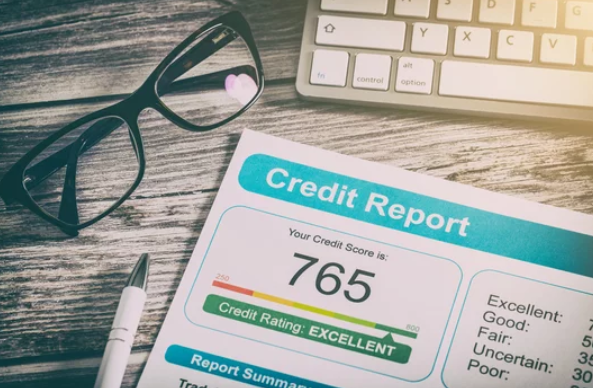How to Freeze and Close Credit Reports After Death
Freezing and closing a deceased person’s credit reports is an important step to protect their identity and financial legacy. This process prevents identity theft and unauthorized access to credit. Use this checklist to ensure a secure and efficient resolution of credit accounts after death.
- Obtain multiple copies of the official death certificate.
- Collect the deceased’s Social Security number, date of birth, and address.
- Locate any credit card statements, loan documents, or financial account information.
- Contact the three major credit bureaus: Equifax, Experian, and TransUnion.
- Submit a request to freeze and flag the deceased’s credit report as “Deceased – Do Not Issue Credit.”
- Provide the required documentation, including the death certificate and proof of your authority (executor or next of kin).
- Notify all financial institutions where the deceased held accounts, such as banks and credit card companies.
- Request account closures and confirm that no new accounts can be opened.
- Obtain written confirmation that accounts have been closed or flagged appropriately.
- Request copies of the deceased’s credit reports from each bureau.
- Review the reports for active accounts, loans, or debts that need resolution.
- Look for unauthorized accounts or suspicious activity.
- Consult with the estate executor or attorney to determine how to settle outstanding debts.
- Notify creditors of the death and provide necessary documentation.
- Confirm the status of any joint accounts or co-signed loans.
- Freeze or close online financial accounts tied to credit cards or loans.
- Update or deactivate automatic payments linked to the deceased’s accounts.
- Secure access to digital payment platforms like PayPal or Venmo.
- Inform the Social Security Administration (SSA) of the death to prevent fraudulent use of the deceased’s SSN.
- Report the death to the Internal Revenue Service (IRS) for tax-related identity protection.
- Verify that the SSA has updated its records to reflect the death.
- Inform family members or beneficiaries about steps taken to secure the deceased’s credit.
- Provide guidance on safeguarding their own credit and personal information if necessary.
- Address concerns regarding joint accounts or shared liabilities.
- Monitor for signs of identity theft, such as unauthorized transactions or new credit inquiries.
- File identity theft alerts with credit bureaus if suspicious activity occurs.
- Report identity theft to the Federal Trade Commission (FTC) and local authorities.
- Maintain copies of all communications with credit bureaus, financial institutions, and creditors.
- Document actions taken, including the dates and outcomes of account closures or freezes.
- Store all records securely for future reference or legal requirements.
Buried in Work offers several checklists to save you time.
Leave Your Heirs The Gift Of Organization With a CLEAR Kit
Did you know?
The average estate takes 570 hours to administer.
Related Content

